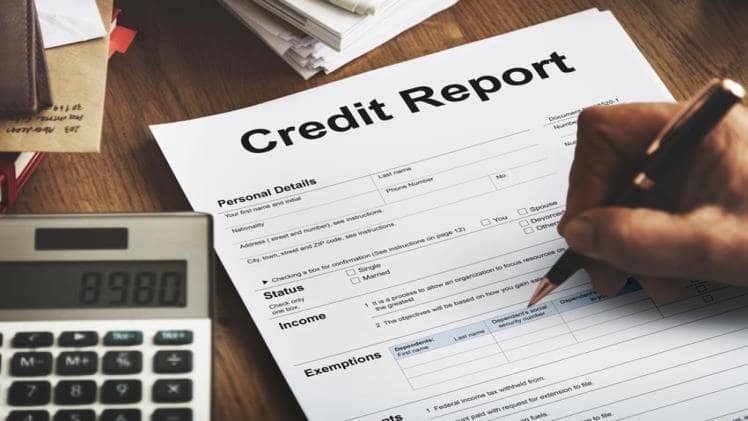After winning a lawsuit in New York, your next concern is how you can collect on the judgment. Unfortunately, not all defendants will pay voluntarily, making matters complicated for you. To collect on a judgment in New York successfully, you can take legal steps to compel the defendant to pay the judgment money they owe.
Ask for What You are Owed
Your debtor might pay the judgment when you ask. Sometimes, it takes just a request for payment to get paid, particularly if you tell the debtor that their unpaid judgment may show up on their credit report. You should not tell them how you will collect when they refuse to pay. Keep in mind that any kind of threat may motivate the debtor to hide their assets.
Look for the Assets of the Debtor
If your debtor refuses to pay the judgment, they won’t tell you where their money is. However, there are steps you can take to discover these assets. Under oath, the debtor can be ordered by the court to answer questions regarding the location, kind, and value of assets you can seize to pay the judgment. Attorneys call this process an order or examination or a debtor’s exam.
Begin with Assets that You Can Easily Reach
As you plan a collection strategy, begin by going after the assets that you can easily access. These include bank accounts, wages, and money paid to the business of the debtor. Meanwhile, forcing a sale of their house, vehicle, or personal property can be difficult, time-consuming, and expensive.
Hire a Debt Collection Lawyer
You need to seek help from a debt collection lawyer, so you can get in touch with an enforcer officer regarding your situation. You can give the officer an income or property execution to get the money that the court judgment authorized as the debtor is not willing to pay. With this execution, the officer can seize the debtor’s property or attach it to their wages to have the judgment you won paid.
Keep Tabs on Your Debtor
Even if your debtor cannot pay the judgment now, their financial situation can change. They might get a better job, get an inheritance, or build home equity. Remember that the longer time it takes to collect on the judgment, the more it will be worth as interests accumulate over time. Thus, never give up on the judgment because you might get a huge payout in the future.


